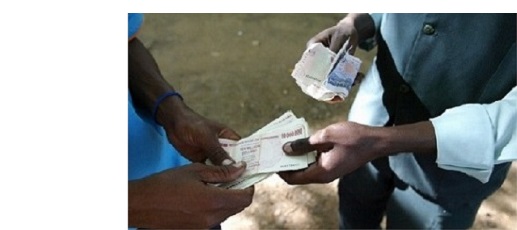In low-income countries where private demand is low, public markets are often the main source of profits and growth for large firms. Over the last decade, competition for government contracts in Burkina Faso has become so fierce that contractors have been having recourse to bribery to win government contracts: they agree to finance government officials’ political campaigns in exchange for contracts. The researchers claim that this is creating a market failure, where only politically connected firms make profits and survive -- while lacking any incentive to innovate and improve their productivity, since success in winning contracts is little influenced by actual performance. Using data on government contracts in Burkina Faso, this study will thus test the hypothesis that corruption in the awards of public contracts yields an inefficient market equilibrium where corrupted, unproductive firms stay in business, accumulate profits that do not get re-invested, and impede competition and economic growth.
After building a model predicting the net impact of corruption on firms’ incentives to innovate, and deriving implications for participating firms’ productive efficiency as well as that of their competitors in the sector, the researchers will use the publications of the Head Office of Government Contracts (DGMP) to identify around 350 firms (from two sectors) that have been competing for public contracts over the last five years. Examining the dynamics of these firms will enable the team to better understand how incentives to innovate change over time for the different firms that tender. In particular, the authors will compare the evolution of innovation and growth rates of the winners and losers from the public contracts bids: the firms who do not win many public contracts could either be led to innovate more and become more competitive to attract more private sector clients, or they could eventually get driven out of business – yielding two very different market equilibriums.
In order to investigate the research question rigorously, indicators of innovation (mainly via firms’ recruitment strategies) will be built to measure these firms’ performance. Other variables, including sales turnover and employment levels, will also serve as indicators of companies’ growth over time. To measure corruption levels as accurately as possible, the team will use a survey tool similar to Svenson’s (2003): they will ask surveyed firms to state the size of the bribes that their





